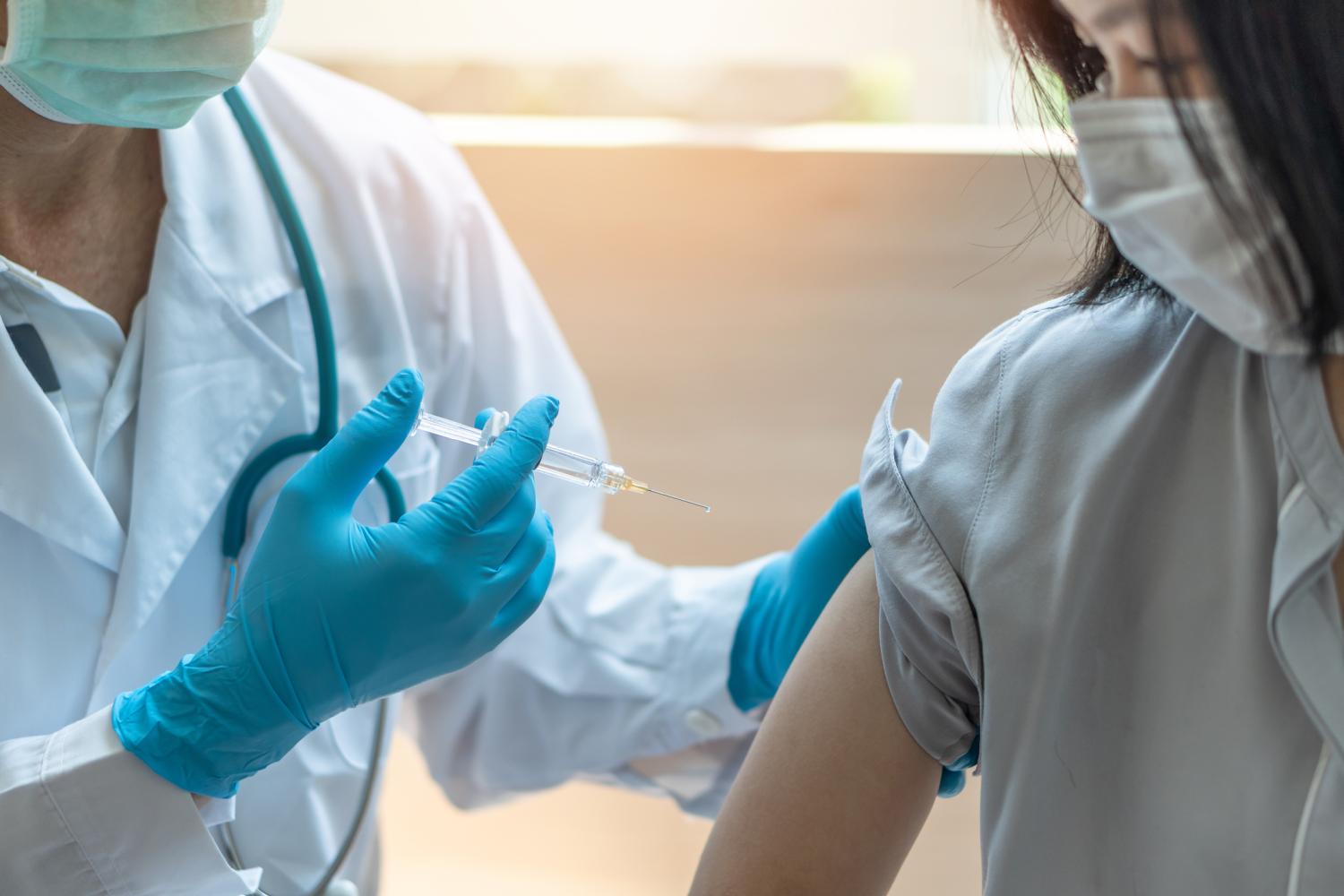Refusal of COVID-19 vaccines has been a feature of the pandemic since the vaccines were first made available in late winter 2020 and early 2021.
In a new study in JAMA Network Open, authors review 28,000 interviews on vaccine uptake and hesitancy conducted in Hong Kong and Singapore from February 2020 through January 2022 to determine what was driving vaccine refusal.
Until the Omicron wave in late 2021 and early 2022, Hong Kong had one of the lowest COVID-19 prevalence rates across the globe. But with Omicron, death tolls in Hong Kong soared to 39.3 million people per day, the highest death toll in the world.
While Hong Kong’s cumulative COVID-19 deaths per capita remain lower than the UK and US, it has far exceeded high-income economies in Asia-Pacific.
"While Hong Kong’s cumulative COVID-19 deaths per capita remain lower than the UK and US, it has far exceeded high-income economies in Asia-Pacific," the authors said. This was likely linked to low vaccine uptake: 82.4% of adults in Hong Kong aged 80 years and older were unvaccinated or had received only one dose during the Omicron BA.2 variant phase of the pandemic, compared to just 9.0% of adults in in Singapore
The authors of the present study used 20 waves of questionnaires and data to understand the vaccine refusal and compared results to those seen in Singapore, which had one of the highest rates of vaccine uptake in Asia.
Participants came from the FAMILY Cohort, a prospective population-based cohort study in Hong Kong. The group was asked about vaccination in the decade before and during the pandemic. In total, 28,007 interviews were included.
65% willing to get a COVID vaccine during first year of pandemic
In 2020, approximately two-thirds (65.3%; 95% confidence interval [CI], 61.7% to 68.6%) of adults in Hong Kong said they would be willing to vaccinate when a vaccine became available, the authors found. But vaccination willingness dropped to 55.0% when vaccines were procured from foreign nations.
Willingness dropped even further, to 43.6%, when adverse side effects were reported during the first weeks of vaccination in Hong Kong.
“It took more than a year for vaccine confidence to recover. Low vaccine confidence was associated with vaccine refusal,” the authors said.
Four factors, including mistrust in health authorities, low vaccine confidence, vaccine misconceptions, and political views, accounted for 82.2% (95% CI, 62.3% to 100.0%) of vaccine refusal in adults aged 18 to 59 years and 69.3% (95% CI, 47.2% to 91.4%) of vaccine refusal in adults aged 60 years and older.
Mandates, in the form of both workplace mandates and Hong Kong vaccine passes once the Omicron surge began to cause significant mortality, were related to great increases in uptake.
Workplace vaccine mandates were associated with a 62.2% (95% CI, 9.9% to 139.2%) increase in daily COVID-19 vaccination appointments, and the Hong Kong vaccine pass was associated with 124.8% (95% CI, 65.9% to 204.6%) increases in daily COVID-19 vaccination appointments.




















